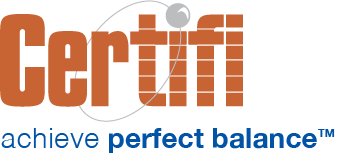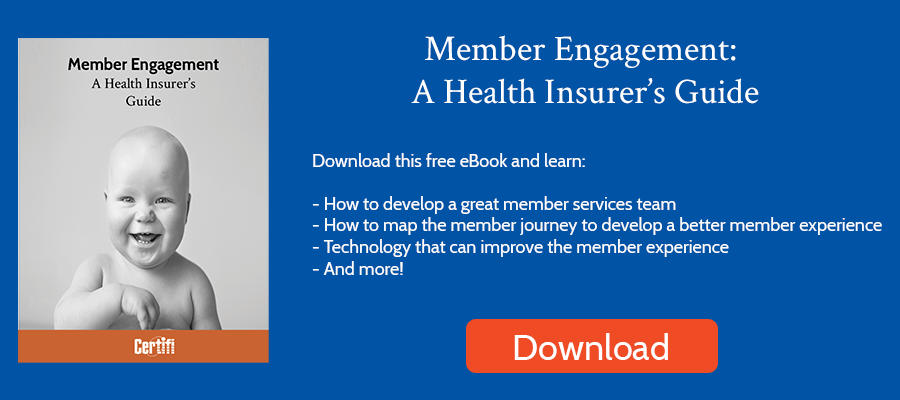Last year, an advertisement featuring NFL legend Joe Namath gained attention in Medicare Advantage circles because of some potentially misleading claims. Though the Centers for Medicare and Medicaid Services (CMS) didn’t explicitly call out that TV spot in guidance issued in October of 2021, it did discuss some of the issues in the national TV Ad.
Later, in May of 2022, CMS finalized rules that may impact Medicare Advantage marketing in 2023. Here’s a brief rundown of that guidance and some of the modifications introduced by the final rules.
October 2021 Guidance
On October 8, 2021, CMS released guidance regarding third-party marketing to Medicare Advantage organizations. Among the salient points:
- Medicare Advantage Organizations “…are responsible for first tier, downstream or related entities (FDRs) adherence to all terms and conditions of the organization’s contract with CMS…”
- Ads that mention plan premiums, cost sharing, or benefits information – even if they don’t discuss a specific plan – constitute marketing materials and plans must submit them to CMS before use.
As a result, CMS suggested that Medicare Advantage plans:
- Don’t send letters to confirm enrollment and that beneficiaries understand plan rules. Instead, place outbound calls.
- Monitor fast disenrollments to discover trends.
- Review recorded calls to ensure compliance.
- Require FDR to identify the source of a lead.
- Record all sales calls as well as enrollments.
- Require all FDRs to disclose their third-party relationships.
You can read the full text of the CMS guidance here: https://medicareadvocacy.org/wp-content/uploads/2021/11/Third-Party-Marketing-Memo-10-8-2021.pdf
May 2022 Final Rule
In May, CMS published several final rules related to Medicare Advantage marketing and communications. The new rules were in response to a significant increase in complaints associated with third-party marketing organizations. CMS cited that complaints more than doubled in a year, from 15,497 in 2020 to 39,617 in 2021. The rules aim to clarify how third-party marketing organizations perform Medicare Advantage marketing in 2023 and beyond.
The three updated requirements include:
- CMS further defined what constitutes a third-party marketing organization to eliminate confusion. It updated the definition to state: “Third-party marketing organization (TPMO) means organizations and individuals, including independent agents and brokers, who are compensated to perform lead generation, marketing, sales, and enrollment-related functions as a part of the chain of enrollment (the steps taken by a beneficiary from becoming aware of an MA plan or plans to make an enrollment decision). TPMOs may be a first tier, downstream, or related entity (FDRs), as defined under § 422.2, but may also be entities that are not FDRs but provide services to an MA plan or an MA plan’s FDR.”
- CMS also added a disclaimer that TPMOs must use when marketing Medicare Advantage plans. It must state: “We do not offer every plan available in your area. Any information we provide is limited to those plans we do offer in your area. Please contact Medicare.gov or 1-800-MEDICARE to get information on all of your options.” Any TPMO that sells multiple plans must use the disclaimer unless they sell all commercially available plans in a service area. If placing a sales call, the same information must be communicated within the first minute of that call. TPMOs must include the disclaimer in electronic communications like email and chat and prominently display it on TPMO websites. Finally, any print materials or television ads used by a TPMO must also include a disclaimer. Visit https://www.law.cornell.edu/cfr/text/42/422.2267 to learn more.
- CMS also requires additional oversight for plans associated with third-party marketing organizations. Among the requirements:
- When a TPMO is not an FDR, it must adhere to the requirements that apply to the Medicare Advantage plan.
- Contracts must make sure that the TPMO: (a) discloses any subcontracted marketing relationships to the Medicare Advantage provider, (b)that the TPMO records all calls with beneficiaries in their entirety, (c) that the TPMO reports any disciplinary actions or violations that apply to the Medicare Advantage plan associated with a beneficiary’s interaction, and (d) the TPMO must use the disclaimer highlighted above.
- Finally, when TPMOs conduct lead generation activities, they must tell the beneficiary that their information will be provided to a licensed agent for future contact or disclose that they are being sent to an agent to enroll in a new plan.
You can find a complete set of rules here: https://www.law.cornell.edu/cfr/text/42/422.2274.
Certifi’s health insurance premium billing and payment solutions help healthcare payers improve member satisfaction while reducing administrative costs.



